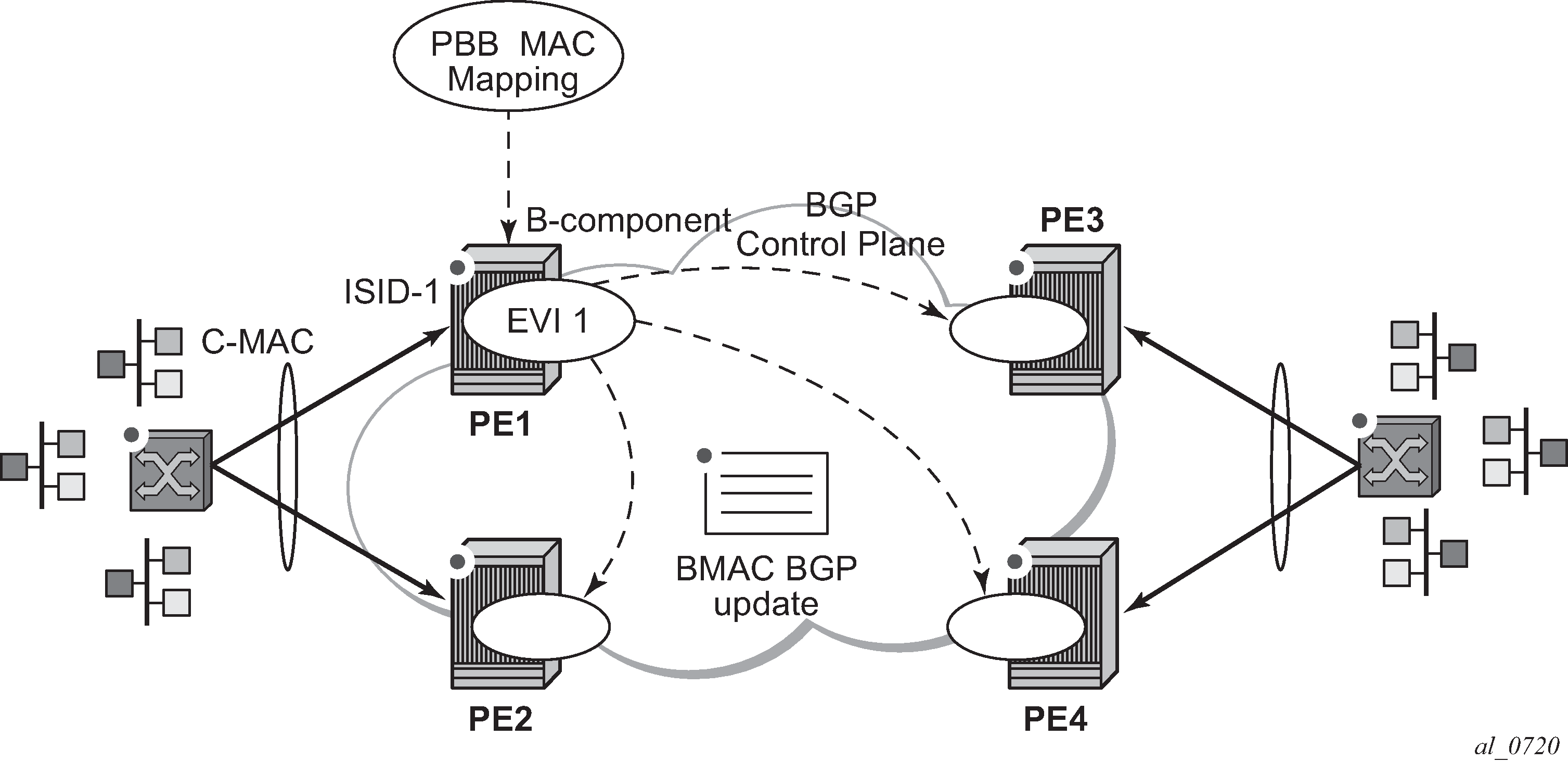Figure 1 shows the use of EVPN for MPLS tunnels on the 7750 SR, 7450 ESS, and 7950 XRS. In this case, EVPN is used as the control plane for E-LAN services in the WAN.

EVPN for PBB over MPLS (hereafter called PBB-EVPN) is specified in RFC 7623. It provides a simplified version of EVPN for cases where the network requires very high scalability and does not need all the advanced features supported by EVPN-MPLS (but still requires single-active and all-active multi-homing capabilities).
PBB-EVPN is a combination of 802.1ah PBB and RFC 7432 EVPN and reuses the PBB-VPLS service model, where BGP-EVPN is enabled in the B-VPLS domain. EVPN is used as the control plane in the B-VPLS domain to control the distribution of B-MACs and setup per-ISID flooding trees for I-VPLS services. The learning of the C-MACs, either on local SAPs/SDP bindings or associated with remote B-MACs, is still performed in the data plane. Only the learning of B-MACs in the B-VPLS is performed through BGP.
The SR OS PBB-EVPN implementation supports PBB-EVPN for I-VPLS and PBB-Epipe services, including single-active and all-active multi-homing.